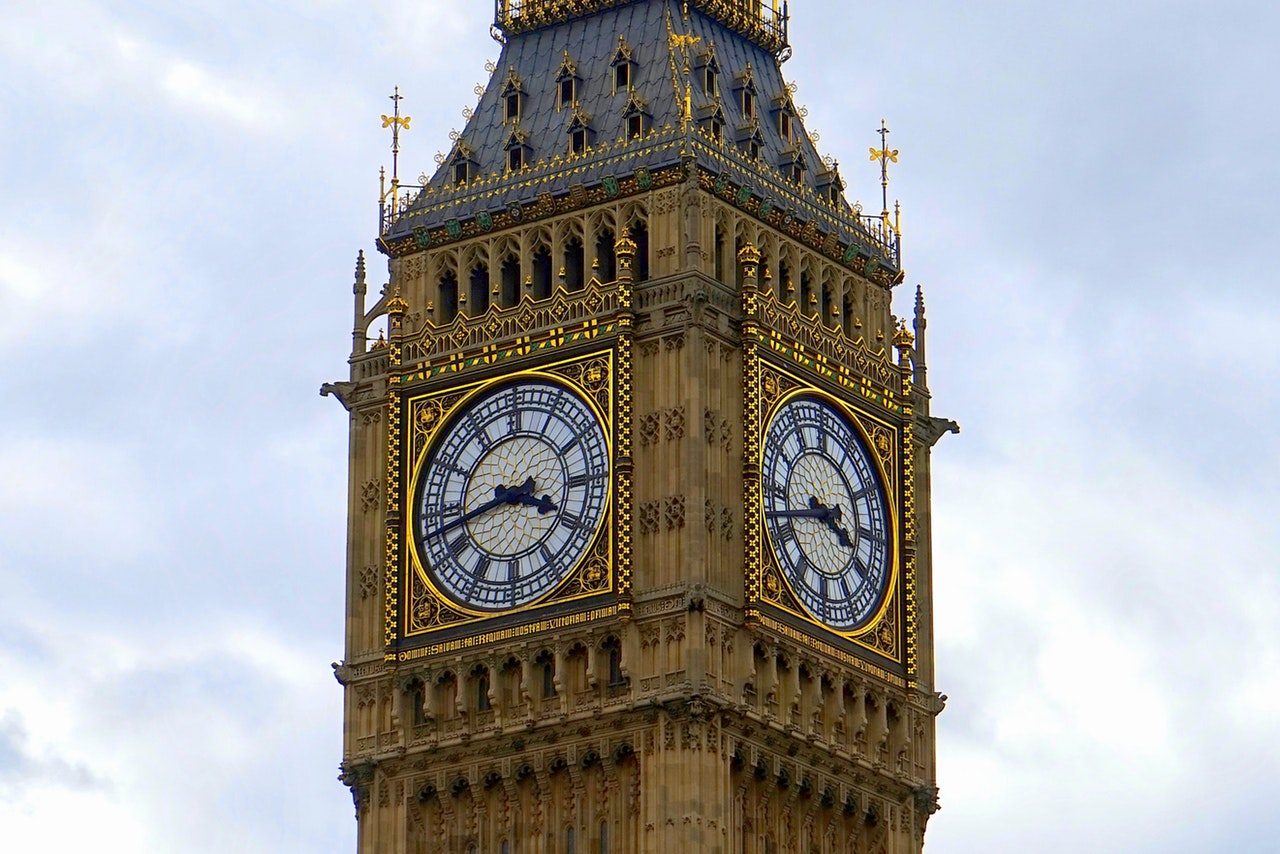The mourning began almost in unison with the fire. As the first sparks flew, Parisians stopped in their tracks, trying to believe what they were seeing. Notre Dame was burning.
Hundreds of cell phones streamed images to the watching world. The grief was not limited to the Parisians or to the French, but was felt on every continent. We all sat horrified and stupefied as the spire collapsed in on the iconic cathedral.
Onlookers sang hymns and shed tears. Strangers embraced one another. And people all over the world uploaded photos on to social media of themselves in front of Notre Dame’s western towers. A honeymoon. A semester abroad. A European vacation. Notre Dame is special to so many people from so many places.
Even as 400 firefighters gained control of the fire, French President Emmanuel Macron pledged, “I'm telling you all tonight -- we will rebuild this cathedral together. Notre Dame is our history, it's our literature, it's our imagery.”
As one mourner put it, “Paris without the cathedral is not Paris anymore.” That’s because the cathedral has stood witness for over 850 years, as French generations have come and gone. And, it is the literal center of Paris—it stands as kilometer zero on the map and all other destinations in France are measured by their distance from Notre Dame.
The cathedral is a witness, a true north, a heritage of the French.
Notre Dame is precious partly because it houses history. It sits on the Île de la Cité, an island in the middle of the River Seine, which has been important since the Roman Empire two millennia ago. The cornerstone for Notre Dame was laid in 1163, construction was completed in 1260, and the cathedral was consecrated by the Catholic church in 1345. The shape of the cathedral ebbed with the flow of various Popes and Bishops during the 200 years of construction, making it an expansive landscape of various architectural styles and whims. Restoration projects have been ongoing since after the French Revolution and continue even today.
Notre Dame is also precious because it’s home to many national treasures: France’s largest organ (nearly 7,374 pipes!), immense rose stained glass windows, dozens of paintings and carvings depicting scenes from the Bible, twin bell towers, and a treasury of Catholic relics in the archaeological crypt.
Notre Dame is no ordinary French cathedral. Notre Dame is the symbol, the heart, of a nation.
And it’s not just a Catholic symbol. While Notre Dame was originally constructed by the Catholic church, it later fell into the hands of the Cult of Reason and then into the hands of the Cult of the Supreme Being. The purpose of Notre Dame evolved during the French Revolution, first for the elevation of human reason and then for the worship of an unknown supreme being. Later, Notre Dame even became a storehouse for food before Napolean Bonaparte restored it to the Catholic Church and crowned himself emperor inside its very walls.
So, sentimentality is expected in the face of this fire. Harm has come to the French witness, their heritage, their symbol of both human achievement and faith in God. Heartbreak is warranted and we all weep with the French.
But this weeping over the fire is not really a mourning over the household of God, because that purpose was willingly done away with before. From Catholic Cathedral, to cultic temple, to a storehouse of food, and now to what amounts to a museum visited by 13 million people a year and the site of daily mass—Notre Dame has not been practically consecrated to the Lord for some time.
Here’s what’s true, though: how ever the French have purposed Notre Dame throughout the ages, God has not needed and still does not need a physical home. He was not removed by the Cult of Reason, or by the Cult of the Supreme Being, or by the storehouse of food, or by the millions who visited last year. Because, “the God who made the world and everything in it, being Lord of heaven and earth, does not live in temples made by man, nor is he served by human hands, as though he needed anything, since he himself gives to all mankind life and breath and everything” (Acts 17:25).
The church is not a building. The church is a people.
French Christians “are fellow citizens with the saints and members of the household of God, built on the foundation of the apostles and prophets, Christ Jesus himself being the cornerstone, in whom the whole structure, being joined together, grows into a holy temple in the Lord. In him you also are being built together into a dwelling place for God by the Spirit” (Ephesians 2:19-22).
The cornerstone of Notre Dame was laid in 1163, but the cornerstone Jesus “was foreknown before the foundation of the world” (1 Peter 1:20). Now, we Christ followers are “a temple of the Holy Spirit” (1 Corinthians 6:19).
Notre Dame is not God’s house in Paris. Christians are.
So yes, let’s mourn. Absolutely, let’s rightly mourn the destruction of a beautiful building, an expression of human ingenuity, a testament to human will throughout history. A place that once housed and sometimes still houses worshippers of the one true God. It is good and right to grieve the loss of centuries of work and beauty, to weep over the demise of works of art that bear truth from the Word of God. Grief and horror and heartache are all right as we wake up to the charred remains of this exceptional cathedral.
But as we weep, let’s not mourn the loss of the church in the burning of Notre Dame. Because, the truth is, in France, the church has been dying for some time. The truth is, Christianity was rejected in exchange for atheism starting in the 1700s. The truth is, secularism in France has long been codified by laïcité, the French law that forbids the influence of religion on the government. The truth is, the most recent data reveals that at least 29% of the France’s population is atheist and 63% is non-religious. The truth is, today, only 1.23% of the population in France calls themselves Evangelical Christian.
Today we rightly mourn the destruction of a beautiful and iconic building, but have we yet rightly mourned the destruction of the true church? Have we yet rightly mourned the demise of the real temple of God in France? Have we yet wept over the slow, but real, death of Christianity there?
May the videos and images of a burning Notre Dame awaken the global church to pray for France. May the heartache of a nation mobilize Christians from around the globe to “go and make disciples of [France], baptizing them in the name of the Father and of the Son and of the Holy Spirit” (Matthew 28:19). May we be moved by compassion to console a weeping people and lead them to “the Father of mercies and God of all comfort” (2 Corinthians 1:3).
Perhaps the Lord will allow beauty to rise from the literal ashes of Notre Dame. Perhaps our weeping will be turned to rejoicing. Perhaps as the cathedral is rebuilt, the true church will be revived. Perhaps our resurrection God will bring life from death in Paris, France.
Jesus longs to bring healing to France and to the entire world. Let’s pray the words of Isaiah 61, echoed in Jesus’s sermon in Luke 4, for the French and for all who have yet to believe:
The Spirit of the Lord God is upon me,
because the Lord has anointed me
to bring good news to the poor;
he has sent me to bind up the brokenhearted,
to proclaim liberty to the captives,
and the opening of the prison to those who are bound;
to proclaim the year of the Lord's favor,
and the day of vengeance of our God;
to comfort all who mourn;
to grant to those who mourn in Zion—
to give them a beautiful headdress instead of ashes,
the oil of gladness instead of mourning,
the garment of praise instead of a faint spirit;
that they may be called oaks of righteousness,
the planting of the Lord, that he may be glorified.
Today, as we scour the internet for footage from France, let’s ask our Father in heaven to bring beauty from ashes. Let’s pray, fast, give, and even consider going in joyful obedience to proclaim Christ in a dark and hurting place.
Our God in heaven is the Creator of France and he longs to be the Redeemer too. He longs to rebuild his church there.
Beauty from ashes. May it be so.























